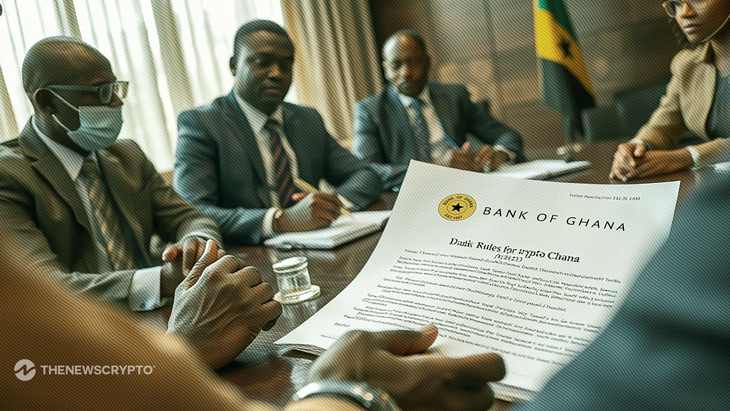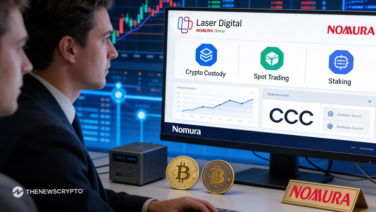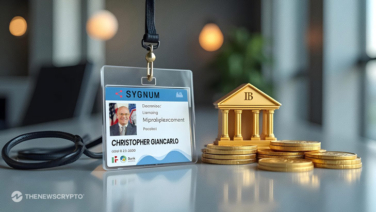- Bank of Ghana releases draft rules for regulating crypto exchanges.
- Emphasis on AML/CFT measures aligns Ghana with global crypto regulation efforts.
The Bank of Ghana has taken a significant step towards regulating the cryptocurrency sector. They released a set of draft rules aimed at crypto exchanges operating within the country. These proposed regulations are designed to bring more transparency and security to the rapidly growing digital asset market in Ghana. Additionally, the bank plans to collaborate with external stakeholders such as commercial banks and international regulators.
Before this, Ghana’s approach to cryptocurrency was somewhat cautious. The Bank of Ghana had previously issued warnings to the public about the risks associated with digital currencies, emphasizing that they were not recognized as legal tender. The draft rules from the Bank of Ghana include licensing requirements, operational standards, and consumer protection measures. Under these new guidelines, crypto exchanges must obtain a license from the Bank of Ghana before they can operate.
This licensing process involves rigorous checks to ensure exchanges meet specific financial, operational, and security standards. This reduces the risk of fraud and ensures that consumer funds are adequately protected. The central bank also cautioned that failure to comply with the new regulations will lead to the service provider being classified as operating illegally within the country.
Additionally, the draft regulations emphasize the importance of anti-money laundering (AML) and combating the financing of terrorism (CFT) measures. Crypto exchanges need to implement robust AML/CFT frameworks to prevent illicit activities. This move aligns with global efforts to regulate the cryptocurrency market.
Ghana’s New Regulatory Framework
For consumers, the new regulations offer enhanced protection and greater confidence in the exchanges they interact with. Moreover, the Bank of Ghana’s proactive stance on regulation could encourage broader adoption of cryptocurrencies.
By establishing a clear regulatory framework, the central bank is safeguarding consumers and positioning Ghana as a leader in the African cryptocurrency space. The success of these regulations will ultimately depend on their implementation and the cooperation of all stakeholders within the crypto ecosystem.
Highlighted Crypto News Today
Japan’s METI Launches Blockchain Pilot to Boost RWA Tokenization








